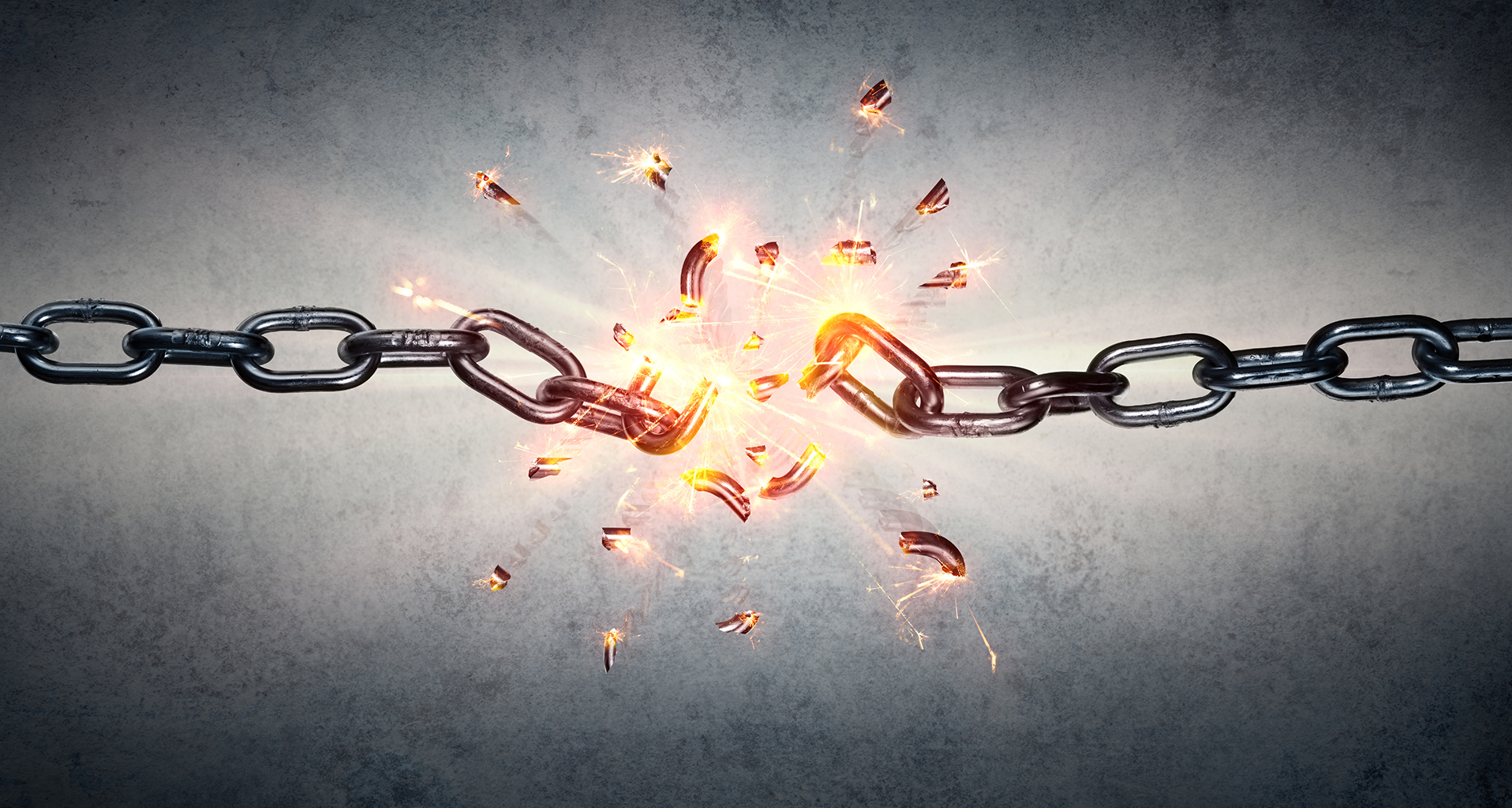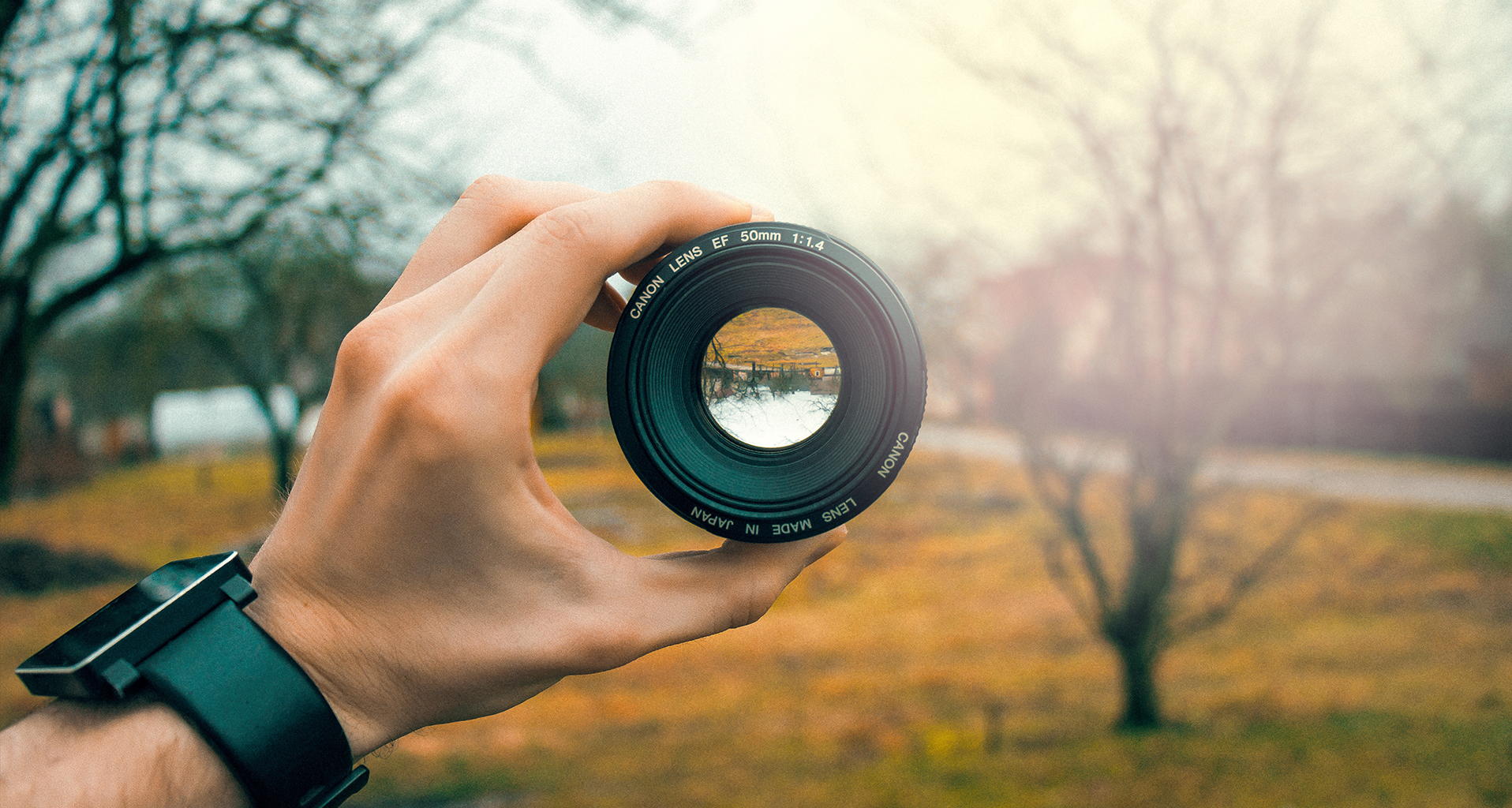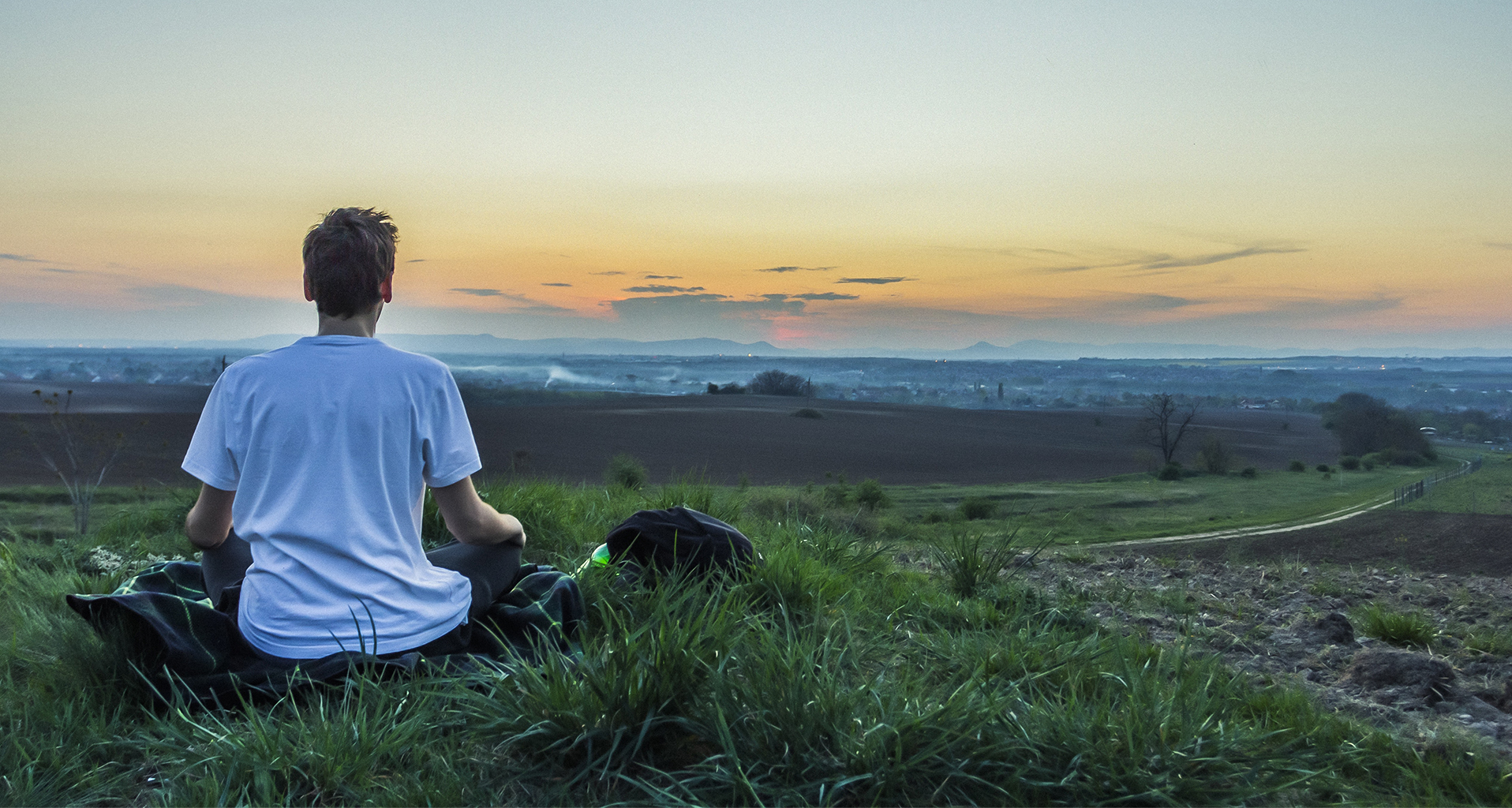Passion is a funny thing. Go
looking for it and you’ll never find it, but let it find you and it’s
virtually impossible to avoid. And once you do find it, passion can fuel
you to great heights, allow you to do astonishing things—things that others
can’t even imagine. In this way passion is kind of like a superpower. But in
the comics (as everybody knows) a great strength must have an equal or even
greater weakness. So if passion is a superpower, then fear is its kryptonite.
Twenty-five years ago in early
Spring I picked up a copy of The Amazing Spider-Man. I
had read comics before, of course, but there was something special about this
one. It moved me like no other story had. I felt the hair stand up on the back
of my neck. My mind started to race with possibilities. In that moment I
realized that I wanted to tell stories—fantastic, heroic stories about
extraordinary characters doing extraordinary things.
Simply put, my passion had
found me.
After that my every waking
thought was focused on comic books. They were the first thoughts that got me up
in the morning and the last ones that carried me off to sleep at night. I
thought about them in class, at church, at the dinner table—everywhere!
It wasn’t long before piles of
notepads filled with my stories and ideas started to collect under my bed. I
envisioned myself working for Marvel Comics pitting the
forces of good against hordes of evildoers in worlds I had created. My passion
grew stronger every day until it was like an invisible shield protecting my
dream from anything that might jeopardize it. As it turned out that shield would
come in very handy.
One day I told my cousin that I
wanted to become a comic book writer. He looked at me with a strange expression
and said, “Why would anybody pay you to write a comic book? That’s the
stupidest thing I’ve ever heard.” He walked away laughing.
His words stung but my passion
was strong. Just like a hero’s superpower, passion had protected me and my
dream, but I had suffered my very first bout of doubt—however small. At this
point it had not yet become full-blown fear, but it had made a ding in that
invisible shield.
Even so I was determined to
make my dream come true and pushed even harder, learning everything I could
about the comic book industry. Finally I found a news release from the
publisher of Marvel Comics—Stan Lee, himself! It was all
about how to submit a comic book script. I couldn’t believe it! It was like I
had struck gold—detailed instructions on the whole submission process.
All I had to do was send in my idea and wait for the job offers to roll in! I could see myself in the Marvel bullpen: pitching stories, making deadlines, working with artists to bring my words to life. I visualized my name under the coveted words “Written by”. I imagined kids all over the country waiting to read the latest issue of Spider-Man or The Avengers by yours truly. My passion was never stronger. But, the ding my cousin had made hadn’t really gone away. It was a hidden crack, waiting to reveal itself.
Now I should mention that, at
the time, I was unaware that over 99% of submissions were rejected at the point
of entry by the submissions editor. But to be honest the idea that an editor
would ever reject my story never occurred to me. So I happily sent off my first
submission to New York. If this sounds like arrogance, it wasn’t. It was pure
passion—a love for what I was doing.
Six weeks later an envelope
arrived in my mailbox bearing the Marvel letterhead.
Heart pounding, hands shaking, I opened it and read the words…
“Congratulations. I have
reviewed your submission and I have forwarded it to the appropriate editor.
Good luck.”
I couldn’t believe it! I had
all but been accepted—and on my very first try. At seventeen years old, I was
going to be a writer for Marvel Comics! Then I made what
would become a fatal error: I told my father.
“I did it! I’m going to be a
comic book writer and work in New York,” I said waving the letter in the air.
My father looked at me with
doubtful eyes and shook his head. “Now don’t get your hopes up. Nobody from
around here has ever been a writer.”
It wasn’t just what he had said
but the look in his eyes that shook my resolve. It was a look that
spoke of some hidden knowing about how dreams end up in the real world. And in
that instant all my joy, all my excitement vanished. It was as if my father had
popped my birthday balloon.
Now, my father wasn’t a bad
man. He wasn’t a cruel man nor would he have ever hurt me intentionally. In his
own way, he was trying to protect me. He didn’t want to see me disappointed.
But in that moment, the dent in my shield buckled under the strain of this
newest blow and what had only been a doubt was now fear. And for the very first
time I feared that my dream might not come true.
What if the editor didn’t like my
story? What if it wasn’t good enough? Dad was right. Nobody from our little
town had ever done anything like this before. What made me think I was any
different?
I went from expecting an
acceptance letter to dreading a rejection. My energy had totally switched. I
was now focused on what I didn’t want to happen instead of being focused on
what I wanted to happen.
Sure enough, that editor never
did call me.
After that I sent in more and
more submissions, but not with the joy and excitement I had once had. Now I
sent my submissions in desperation; desperate to prove that I could do it—that
I was good enough. And with each submission came a new rejection. My fear
deepened. At one point I actually started to send in ideas expectingto
be rejected.
In time, my passion
faded—having been poisoned by fear. And slowly I just stopped submitting.
But passion is a hard thing to
keep down. After a few years I tried again. Though I still got rejection
letters, I started to get hand written comments and suggestions from the
editors—words of encouragement and advice. They wrote things like: “Keeping
sending in submissions”, “I look forward to your next idea.” “Don’t give up.”
These letters went on for nearly a year. Long enough for doubt to creep back
in. That doubt morphed into fear—fear that it was taking too long, that they
might never accept me.
Had I not been in “fear-mode” I
might have realized just how close I was to breaking into Marvel. In
later years I would learn that I was just a submission or two away from an offer.It
still hurts to think about it.But fear makes you run away
from things. Passion allows you to run to them.
So I decided if they didn’t
want me I’d start my own company, write my own characters and worlds.
By now I was married and had a
new baby. My wife and I worked on the company together. My day job wasn’t
bringing in enough and the company was draining away our savings. To say fear
was back would be an understatement.
I was excited that I was
finally pursuing my passion, but I didn’t know then that passion can’t be
pursued. It can’t be forced or compelled. But we pushed on.
Finally the first book was
done. We paid a small fortune for printing and advertising space with Andromeda
Distributors, the largest comic book distributor in North America. I drove
from comic shop to comic shop promoting the release. I made appearances on
local television and radio.
Then there was nothing left to
do but wait for the first orders to come in.We figured if we could just sell
500 copies, we could pay the expenses and the upcoming rent. Who couldn’t sell
500 books in all of Canada and the US?
A week later the order arrived
from Andromeda. My wife waited with growing anticipation for me to open the
envelope. I ran my finger down the orders to the bottom total. I saw, but
didn’t quite understand, the number 7. I blinked, trying to process what it
actually meant. My wife was smiling with anticipation, “How many?” she asked.
At first I couldn’t speak. I
suppressed the tears pooling in my eyes. “Seven,” I heard myself say.
“Seven thousand?” she asked
excitedly.
“I don’t think so,” I said.
She reached for the paper.
“Maybe it’s counted in hundreds?”
I let her take the order form
and I slumped down on the floor. I stared at the 5000 copies of book one and
two we had pre-printed, wondering how I was going to pay rent that month. And
for the very first time in my life, I hated comic books.
With no money to continue and
no way to sell the books we had, I watched my dream wither and die before me.
About a month later Andromeda sent
us information on the big comic book convention in Toronto. Over 500,000 people
were promised to attend. It cost $600 to sign up as a vender, not counting
travel and accommodations. To be honest, the thought of packing $10,000 worth
of comics in my car and driving to Toronto was terrifying. I had never driven
more than a hundred kilometers away from home before, let alone a city as large
as Toronto. I wasn’t even sure my old car could make the 4000km
round trip.
But we decided to try it. So we
sent off the fee and on a chilly October afternoon I set out alone for Toronto.
I pulled away waving to my wife and baby with high hopes. To this day I only
remember being more afraid one other time—and that was to come about 12 hours
later.
I drove through the night. With
only $80 in my pocket I couldn’t afford a hotel. It was about 2:30am. I had
been driving for hours. Then I struck a piece a metal on the road, just outside
Quebec City. I pulled off the highway and got out to see that I had two flat
tires. It’s hard to describe how I felt in that moment. Terrified doesn’t quite
do it justice.
With no phone and the little
cash I had in my pocket I started walking. To where, I had no idea. Exhausted
and cold, I came upon a convenience store about an hour later. After a long
night and having to spend most of my money I was back on the road just before
dawn.
I had a lot of time to think as
I drove along the St. Lawrence. I felt alone and lost. I had no idea what was
waiting for me in Toronto but I was way past imagining anything good. Where was
the kid who loved superheroes and comic books? The kid who thought nothing
could ever get in the way of finding his dream? I looked in the mirror and
couldn’t see him.
I arrived at the convention
later the next day. I’d like to say that this is the part of the story where
everything changed. When the redemption moment happened and the hero digs deep
and finds his passion once more and becomes the bestselling comic book author
he had always dreamed of.
But as the title suggests, this
is a cautionary tale of what fear can do to our dreams, how it can crush
passion—if you let it.
By the time I got to the
convention center my energy was so poor that I didn’t even appreciate where I
was. All my life I had dreamed of being at a convention just like the one I was
at. Some of the biggest comic book writers and artists were just a few tables
down from me. And yet, I didn’t even introduce myself. I never left my table. I
worked hard to encourage people to notice my book, but few did. I spent most of
the convention watching the crowd pass by my table. When the weekend was over I
had sold nothing—not one book. I packed up and I drove home feeling more
crushed than ever.
The next week after that I went
to the bank to close my business account for good. It was one of the most
painful things I have ever done. It was like admitting for once and for all
that my dream of becoming a comic book writer was finally over.
Though those times were rough,
the years have dulled the pain and I am able to look back at them with a new
sense of appreciation. The lessons I learned were invaluable.
Today my passion for writing
has changed and evolved because of those hard times. I’ve learned (once more)
to write for the joy of it and for myself. As I write this I am just finishing
my first novel. It is an accomplishment I would have never been able to do
without the above events. They are a part of who I am; they shaped my outlook
and my understanding of passion and how to protect it.
That being said I think, just
maybe, if I could open up one of my old comic books and pull a time machine
from its pages I’d take a trip back to 1987 to visit a boy still full of
passion and hope. He’d probably have a comic in his hand and a smile on his
face.
I’d whisper these words of
advice to that boy…
1) Focus on what you want, not on
what you don’t.
2) Fear only exists by your own
creation.
3) Take a minute, slow down to
appreciate and enjoy.
4) Never worry about what other
people might think about your dream.
5) Remember that it’s all about
the journey, not the destination.
6) Never tell anyone about your
dream until you make it happen.
© Copyright by Troy P. Roache, 2014. All rights reserved:









